Note
This repository is a work in progress and is not yet complete.
This repository contains the operations documentation for No Clocks, LLC.
We believe that setting up a well-organized repository structure for our ongoing operations is crucial for startups, especially those in the technology services sector. A clear and logical structure helps streamline operations, improve collaboration, and ensure consistency across projects.
By organizing our operations with this repository, we can create a centralized hub for all essential operational resources, making it easier for our team to access information, collaborate effectively, and maintain consistency in processes and procedures.
This directory should contain all operational documentation, including, but not limited to:
- Onboarding procedures for team members
- Standard operating procedures (SOPs) for various tasks and processes.
- Network diagrams and infrastructure documentation.
- Disaster recovery plans and incident response procedures.
- Client communication guidelines and templates.
Some areas of primary interest are:
- Policies and Procedures:
- This directory holds all company policies and procedures related to operations, such as:
- HR policies (e.g., code of conduct, remote work policies).
- Security policies (e.g., data protection, access control).
- Compliance documentation (e.g., GDPR, HIPAA).
- Change management procedures.
- Incident management protocols.
- This directory holds all company policies and procedures related to operations, such as:
- Infrastructure:
- Contains configurations and templates for the startup's infrastructure setup, including:
- Infrastructure as Code (IaC) scripts (e.g., Terraform, CloudFormation).
- Configuration files for cloud services (e.g., AWS, Azure, GCP).
- Network configurations.
- Server provisioning scripts.
- Monitoring and alerting configurations.
- Contains configurations and templates for the startup's infrastructure setup, including:
- Automation Scripts:
- Houses scripts for automating routine tasks and workflows, such as:
- Deployment scripts for applications and services.
- Backup and recovery scripts.
- Testing and validation scripts.
- Workflow orchestration scripts (e.g., using Ansible, Puppet, Chef).
- Houses scripts for automating routine tasks and workflows, such as:
- Vendor Management:
- Contains information and contracts related to third-party vendors and service providers, including:
- Vendor contact information.
- Service level agreements (SLAs).
- Contracts and agreements.
- Renewal dates and terms.
- Contains information and contracts related to third-party vendors and service providers, including:
- Quality Assurance:
- Includes resources for ensuring the quality of operations, such as:
- Test plans and strategies.
- Automated testing scripts.
- Bug tracking and issue management templates.
- Performance testing configurations.
- Includes resources for ensuring the quality of operations, such as:
- Monitoring and Logging:
- Holds configurations and scripts for monitoring and logging infrastructure and applications, including:
- Monitoring tool configurations (e.g., Prometheus, Grafana).
- Logging configurations (e.g., ELK stack, Splunk).
- Alerting rules and thresholds.
- Incident response playbooks based on monitoring alerts.
- Holds configurations and scripts for monitoring and logging infrastructure and applications, including:
- Training and Development:
- Contains resources for employee training and skill development, such as:
- Training materials for internal processes and tools.
- Technical documentation for relevant technologies.
- Skill development resources (e.g., online courses, books).
- Certification guidelines and study materials.
- Contains resources for employee training and skill development, such as:
- Archives:
- Provides a place to store outdated or deprecated documents and configurations for historical reference.
For questions or comments, please contact contact@noclocks.dev.
